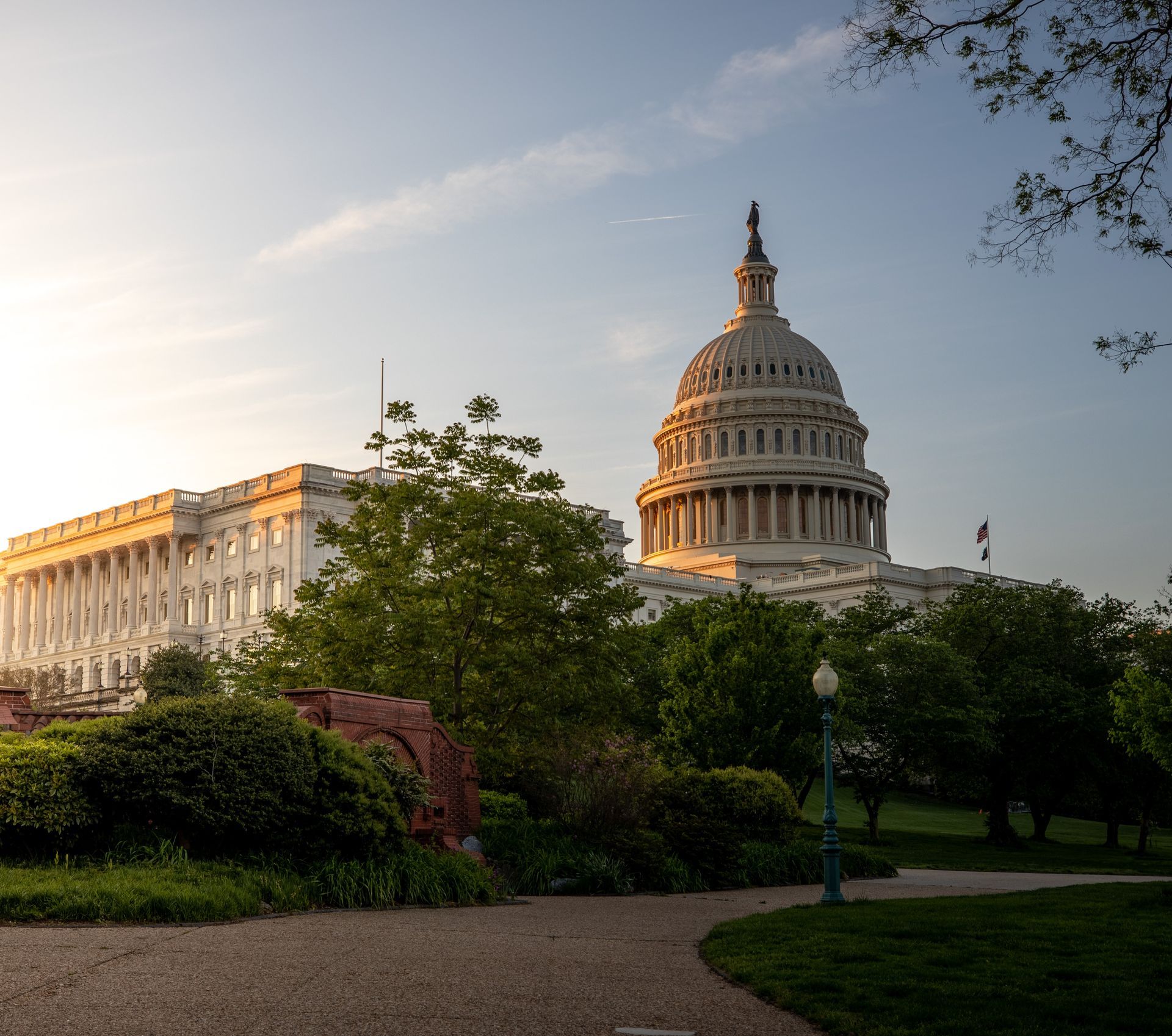Enhancing Cybersecurity for the Hospitality and Travel Industry
Enhancing Cybersecurity for the Hospitality and Travel Industry
Today’s world is all about interconnectedness and digitalization, where businesses of all genres depend excessively on Information Technology (IT) for their everyday functioning. But, with the growing digitization trends and connectivity, the risk to cyber-attacks and information breaches is also becoming predominant. One such industry that is vulnerable to such attacks is the hospitality and travel industry. While hoteliers and restaurants are struggling to establish themselves in the competitive industry, they are also concerned about keeping their customers’ data safe from cybercrimes and protecting their businesses from financial loss. In this blog post, we will discuss how the hospitality and travel industry could enhance their cybersecurity to ensure safe and secure business operations.
1. Understanding Cyber Risks and Vulnerabilities
The first step to enhance cybersecurity is to recognize the possible vulnerabilities and risks associated with your hospitality and travel business. Restaurants, hotels, and other businesses in the industry that receive payments through debit and credit cards, reservation systems, and customer personal data face higher risks of cybercrime. Understanding and managing these risks can help in preventing such attacks.
2. Creating Strong Passwords
One of the easiest ways for cybercriminals to infiltrate a system is through weak passwords. Many employees in the hospitality and travel industry use generic passwords which can quickly be cracked by hackers. This can be avoided by creating complex passwords with random characters, symbols, and letters. Businesses should also consider implementing two-factor authentication as an additional layer of security.
3. Conducting Regular Staff Training
Employees in the hospitality and travel industry should be trained on basic cybersecurity practices and processes. This includes education on how to identify phishing scams and suspicious emails, knowing when not to share company information, and safe internet browsing habits. Cybersecurity training should also be incorporated as part of induction programs for new recruits.
4. Installing Anti-Virus Software and Firewall Protection
Firewalls are hardware or software components that prevent unauthorized access to networks and systems. Anti-virus software is designed to detect and remove malicious software from a computer or system. Businesses in the hospitality and travel industry should have in place regular updates of anti-virus software and firewalls to prevent possible threats and attacks.
5. Using VPNs (Virtual Private Networks)
Virtual Private Networks (VPNs) are software applications that provide a secure and encrypted connection between a user and the internet. It helps in improving a business’s cybersecurity by masking the user’s IP address and identity while browsing the internet. Hospitality and travel businesses can also use VPNs to ensure secure communication with external networks.
Information security has become essential in today’s digitized world. The hospitality and travel industry needs to be ever vigilant against possible threats to their customer’s data and their business. By implementing reliable cybersecurity measures and training, businesses can mitigate these risks to safeguard customer data and prevent costly data breaches. These measures – recognizing vulnerabilities, creating strong passwords, staff training, installing firewalls, using anti-virus tools, and VPNs – can go a long way in enhancing the overall cybersecurity posture of businesses in the hospitality and travel industry.
SERVING
We serve customers nationwide
Contact Us
(855) 202-0254
hello@mscsecurity.io
Business Hours
Business Hours: 8:00 AM - 5:00 PM PST
Technical Support: 24/7










